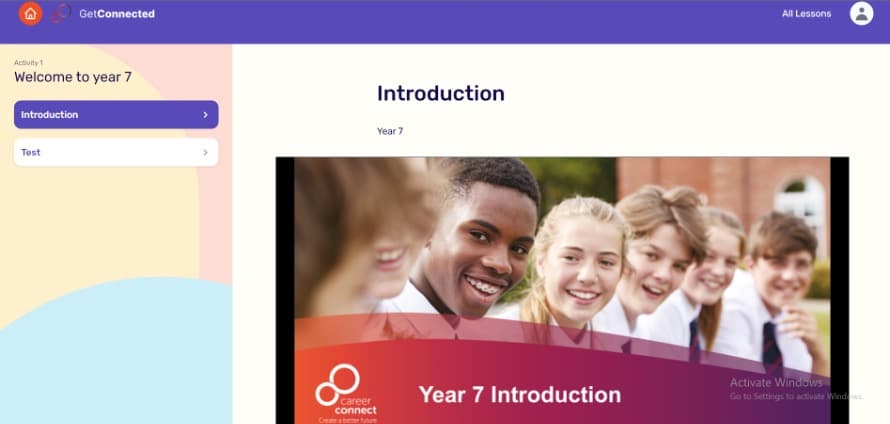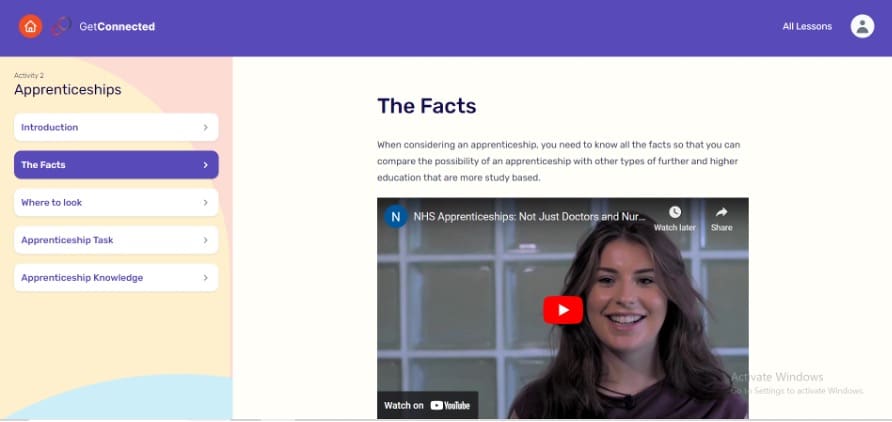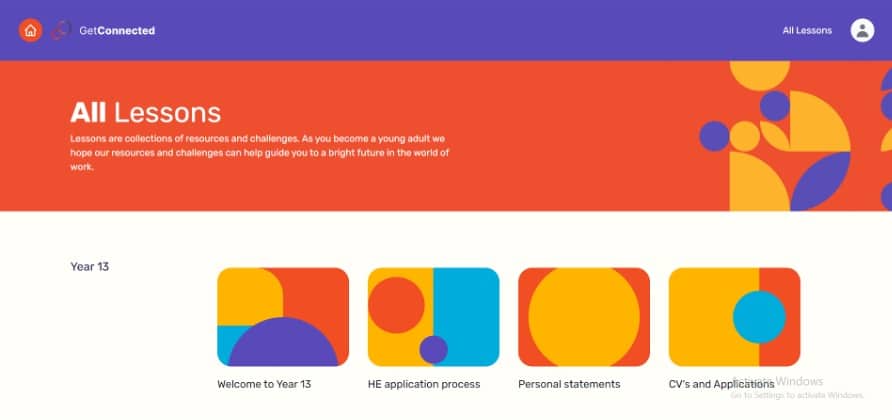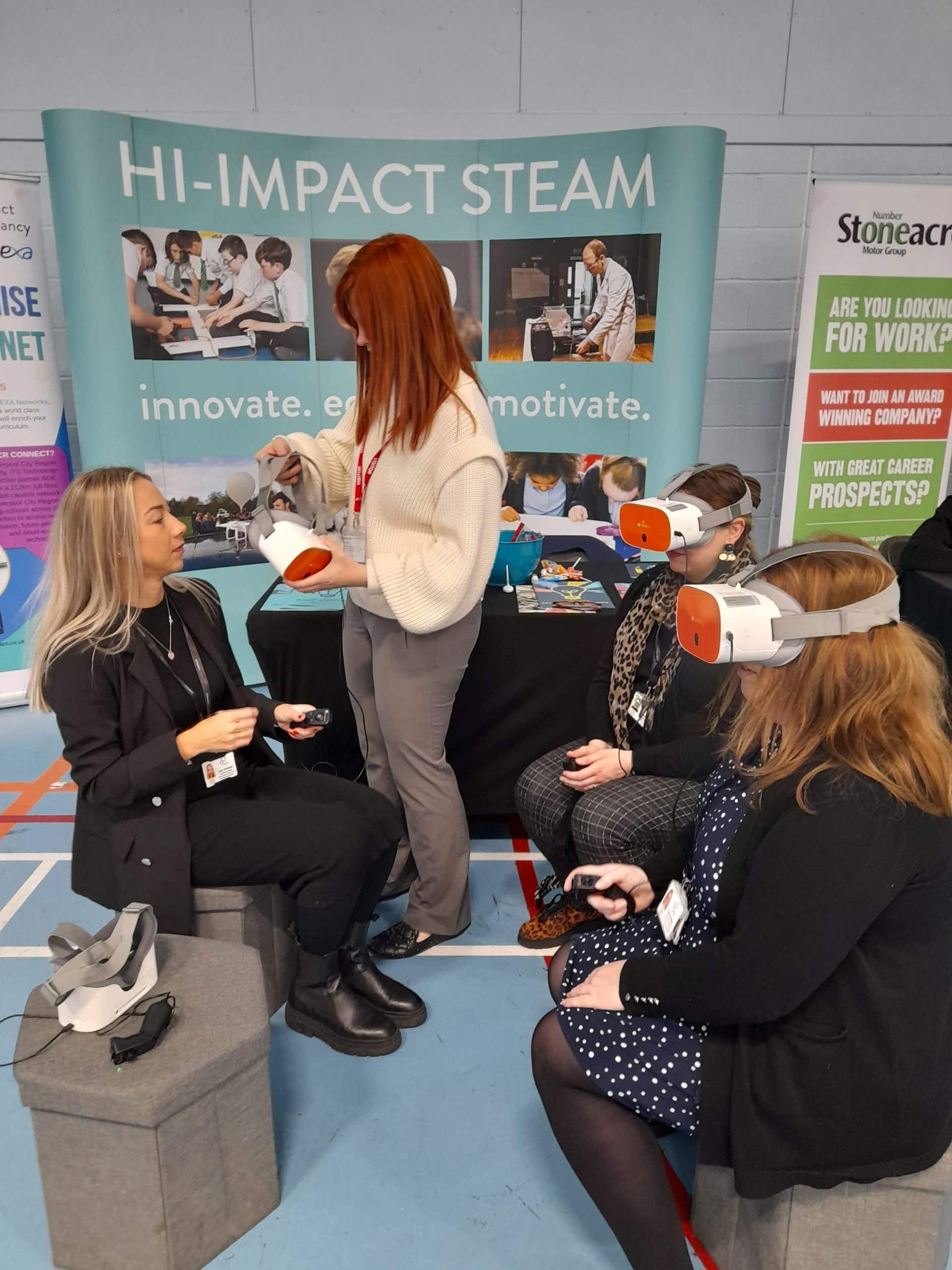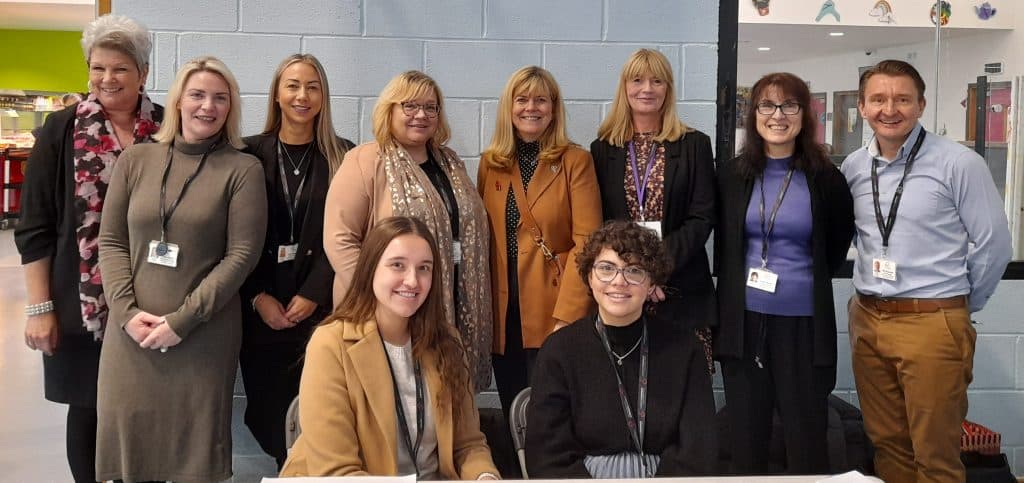Chloe Elliott, Career Connect’s Education and Business Operations Manager, shares her tips and advice for those starting out as Careers Leads, or any Career Lead who wants to reflect on their current progress.
You may be taking on the role of Careers Lead for the first time, or reflecting on where you are, and what to do next. It is a responsibility that often requires the ability to navigate a challenging and evolving landscape of statutory requirements, different delivery frameworks and fragmented provision.
We know that the world of education never stands still, and recently we have been really encouraged to welcome lots of new careers leaders in the schools and colleges we work with.
Be clear on the non-negotiables
The most helpful place to start is to understand the legislative framework you are operating under, and therefore what do you have to do.
The Department for Education’s Statutory Guidance for schools and colleges was released in January 2023. You can access the legislation here: https://www.gov.uk/government/publications/careers-guidance-provision-for-young-people-in-schools
On page 8 of the guidance, it shows that schools and colleges are now also required to provide students with a minimum number of opportunities to discuss technical education routes from Year 8 upwards. The way in which a school or college does this is also included in Ofsted inspections, and will form part of the personal development judgement.
What are your school or college’s priorities for improvement? What can the careers programme do to support these priorities?
A good careers programme can support schools and colleges to improve attendance, behaviour and motivation. Helping your students to understand the educational effort required to achieve their future goals can have an impact on overall achievement.
Plus, by outlining the ways in which the careers programme is supporting the vison and values of the school or college it will increase the support from your colleagues and senior leadership team.
What are you already doing, and why?
Sometimes, it is really important to challenge your assumptions on what is already being done and why.
Just because it is planned in the school or college calendar each year does not necessary mean it couldn’t be improved. Have the confidence to change activities or try new things if you think they would be more appropriate.
Each year your school or college cohort will be different, and its important you have an understanding of their goals and aspirations so you can make sure activities that are provided for students are relevant, aspirational and inspirational.
Think about what is working, and what isn’t. And how do you know?
This a really difficult element of any careers programme to track. However it is important to analyse all of the information you have. For example, where are your students going once they have completed school, and what level and types of courses are they going on to? Are they staying on the courses they chose or dropping out?
Once you analyse your destinations this will help you to plan if you need to change anything, especially if students are not maintaining attendance in Further Education or Higher Education. It’s also important to see if you feel there are gaps in the careers programme, such as what is on offer universally, and what are you doing in a more targeted way? For example, what do you do for students who are at risk of NEET? If you work with employers and run school careers events what is the feedback telling you?
If you commission an external careers provider to deliver elements of your programme, what are their quality measures? At Career Connect, we gather feedback and observe staff practice to ensure quality of practice. Speak to your provider and ask for their quality assurance procedures and feedback.
What does good look like?
The Gatsby Benchmarks provide an internationally-mapped framework of best practice of what ‘good’ looks like in careers.
Many people forget that the Gatsby Benchmarks were developed from research that looked at a range of careers-related activities and interventions in schools and colleges across the world to provide a quality, modern framework for careers that UK schools and colleges could then apply to their own careers provision.
Find out more about the Gatsby Benchmarks: https://www.gatsby.org.uk/education/focus-areas/good-career-guidance.
For those schools and colleges that are meeting all of the Gatsby Benchmarks, another excellent way to ensure the quality of your careers programme is to achieve the Quality in Careers Standard. This is a nationally recognised award, valid for 3 years.
To find out more visit https://www.qualityincareers.org.uk/ or speak to our Career Connect Accreditation and Training team about what this involves. Contact: schoolsinfo@careerconnect.org.uk
What are your impact measures, and how are you defining success?
Defining what you want to measure, and what your version of success looks like, will help you to plan the activities and interventions you need as part of your careers programme.
For example, are you using the Compass Self Assessment tool to measure your progress against the Gatsby Benchmarks? Are you tracking where your current Year 11 are planning to study once they have completed GCSEs? Are you measuring aspirations of your year 7 cohort and plan to track them throughout their time at school so you can see how their choices and aspirations change over time?
We work with our schools and colleges to make sure we are contributing to the overall success of the careers programme and share this information with the whole school or college team.
What things have an impact on career learning?
When helping young people to make careers related decisions, it’s important to consider the different types of activities that have the biggest impact on young people.
Based on research, we work with schools to map their provision against three types of activities proven to have an impact:
- Attendance at careers fairs, careers assemblies, group sessions, and career-based research tasks. This helps young people explore local and national opportunities and expand on their knowledge of occupations and industry.
- Career interviews. Research has proven a careers interview with an expert careers’ guidance professional, has a direct correlation and impact on a young person’s understanding of the educational effort required to achieve their goals.
- Employer encounters. The more meaningful contact young people have with employers and the world of work, the less likely they are to be NEET in the future, so having a range of employer encounters, and the opportunity to work shadow or visit work places is essential.
What is your student entitlement or careers offer in your school or college? Can your students define it? Can parents and carers? Can the other teaching staff?
This is one of the questions that Ofsted may ask.
We also know that many young people need lots of opportunities to understand the different types of activities they are taking part in and why. A definition of your careers programme displayed in classrooms and defined on your school or colleges careers page of your website is a great place to start.
Digital tools can help
We know that teachers’ time is stretched more than ever before, and a quality digital solution is now an essential part of a modern careers offer. There are lots of great tools out there. It is important if you purchase one, that you work with the provider to maximise its effectiveness and usage.
We offer a digital solution called Get Connected that offers a whole school careers programme for students in years 7-13. It includes all of the information young people need to know about taking their next steps. We work with our schools and colleges to maximise the use of this tool, to save teaching preparation time and to track progress. Linked to the Gatsby Benchmarks, and able to integrate with MIS systems, it brings everything together in one place, helping you to plan your provision and monitor its impact.
Who else can help?
There are lots of organisations that can support you.
The Careers and Enterprise company offer a range of resources and materials for free to schools and colleges – plus they provide most areas across the UK with a local careers hub.
Your local careers hub will provide you with a network of support to make the most of the different initiatives available, and they are also able to provide schools with an Enterprise Adviser – an employer volunteer committed to supporting schools and colleges to improve outcomes for young people. To find your local Careers Hub: https://www.careersandenterprise.co.uk/schools/
So, you’ve done all that. What next?
There are two final, but vital, questions to consider as you begin your plan of action.
What voice do your students have in the careers offer?
How do you gather feedback, and how do you make changes based on their opinions? When your students understand and value the careers offer in school or college, it is often much more successful in terms of outcomes.
Enabling your students to have their say and see that their opinion matters can have a range of benefits. At Career Connect we have a group of Youth Ambassadors who support us to ensure the needs of young people are listened to and met. Can your school council do something similar?
Where can you access more support and training?
At Career Connect it is our mission to help as many schools and colleges as we can, and we are more than happy to discuss ways to improve careers provision with school and college careers leads. From organising employer events and mock interviews, to providing in-school advisors helping you work towards the Quality in Careers Standard, we can help.
Career Connect has over 20 years experience in delivering expert careers information advice and guidance services for schools and colleges.
Training for careers leads is provided by the Careers and Enterprise Company. To find out more visit: https://www.careersandenterprise.co.uk/careers-leaders/careers-leader-training/


